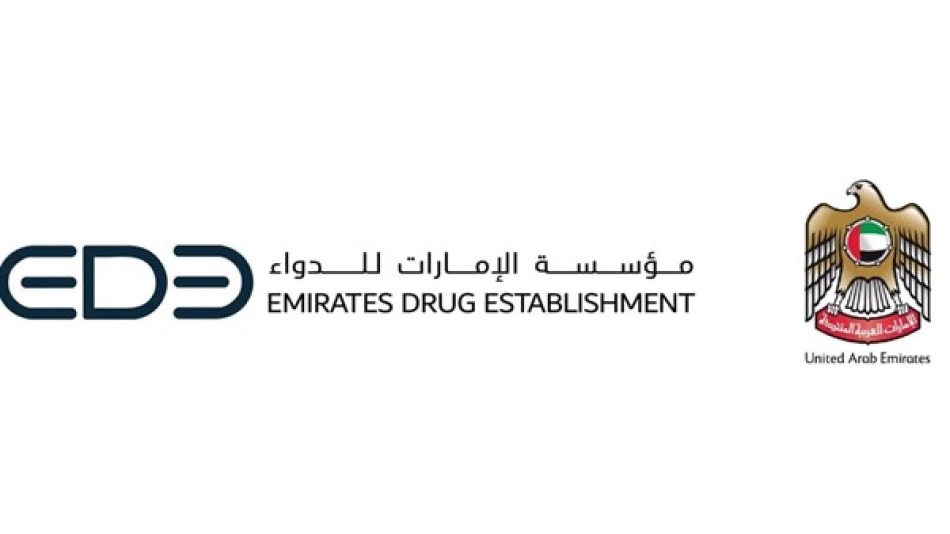
UAE Approves First Oral Drug for Treating Non-Relapsing Secondary Progressive Multiple Sclerosis
UAE Becomes First Nation to Approve Groundbreaking Oral Drug for Progressive Multiple Sclerosis
The UAE's drug regulatory authority has approved tolprotinib, marking a global first for an oral medication specifically targeting non-relapsing secondary progressive multiple sclerosis. This regulatory milestone positions the Emirates at the forefront of innovative healthcare delivery, offering new hope to patients with one of the most challenging forms of neurological disease.
Breaking New Ground in MS Treatment
Tolprotinib represents a paradigm shift in multiple sclerosis therapy by directly targeting disability accumulation independent of relapses—something previous treatments have failed to achieve. The drug works as an oral inhibitor targeting specific immune cells within the central nervous system, particularly B cells and microglia, which researchers believe play crucial roles in disease progression.
Unlike existing MS medications that primarily focus on managing relapses, tolprotinib addresses the underlying chronic neuroinflammation that drives progressive disability. This mechanism offers a fundamentally different therapeutic approach, tackling the root cause of disability accumulation rather than just managing symptoms.
Strategic Regulatory Leadership
The approval, developed in partnership with the National Multiple Sclerosis Society, demonstrates the UAE's increasingly sophisticated approach to drug regulation. Dr. Fatima Al Kaabi, Director General of the Emirates Drug Establishment, emphasized that this represents the success of proactive policies designed to create a flexible regulatory environment supporting innovation.
This move aligns with the UAE's broader healthcare strategy of accelerating access to cutting-edge treatments while maintaining rigorous safety standards. The country has been positioning itself as a regional hub for medical innovation, competing with established centers like Singapore and Switzerland in attracting pharmaceutical investment and clinical trials.
Market Implications and Global Context
The UAE's first-to-market approval could signal a new trend in regulatory competition, where smaller, agile drug authorities move faster than traditional powerhouses like the FDA or EMA. This approach offers pharmaceutical companies an attractive pathway to market, potentially accelerating global drug development timelines.
For patients, this approval provides access to a treatment option that addresses a significant unmet medical need. Progressive MS affects hundreds of thousands globally, with limited therapeutic options that directly target disease progression rather than just managing acute episodes.
Broader Healthcare Transformation
This approval reflects the UAE's systematic investment in healthcare infrastructure and regulatory capabilities. The country has been building partnerships with international medical organizations and pharmaceutical companies to establish itself as a gateway for innovative treatments in the Middle East and broader emerging markets.
The collaboration model with the National Multiple Sclerosis Society also suggests a more evidence-based, patient-centered approach to drug approval—potentially setting new standards for how regulatory authorities can work with patient advocacy groups to expedite access to breakthrough therapies.
The tolprotinib approval represents more than just another drug launch—it signals the UAE's emergence as a serious player in global pharmaceutical regulation, offering a competitive alternative to traditional approval pathways while maintaining scientific rigor.
Most Viewed News

 Layla Al Mansoori
Layla Al Mansoori






